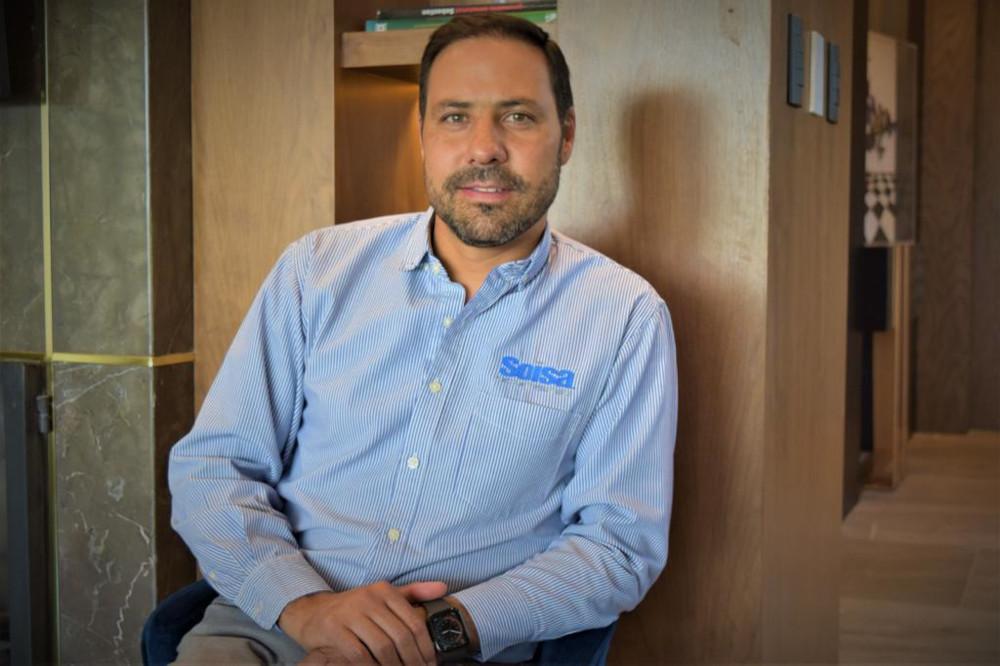
Jacobo Mesta, CEO of Soisa Aircraft Interiors.
Jacobo Mesta, CEO of Mexico-based Soisa Aircraft Interiors, discusses the current state of retrofit demands and how the company sources aftermarket partners.
How is aircraft interiors market demand moving since the pandemic eased and airlines renewed or reactivated their fleets?
We are definitely seeing more movement in the market. Airlines such as Emirates, which have traditionally been trend-setters for the market, are undertaking significant retrofits of their aircraft fleet with other airlines following suit. There are two main areas of focus: first, OEMs have been releasing more orders for line fit programs; secondly, to meet growing passenger demand, airlines have been using any aircraft they can find and retrofitting the cabins to their brand.
Have airline customer requests changed in recent years?
Airline customers have been making more cost-effective decisions with a view to reducing supply chain and logistic costs. Carriers are also looking to reduce turnaround times by purchasing direct from the supplier as opposed to a third party. Our nearshoring strategy has been a very important opportunity for Soisa. OEMs have been shortening their supply chain base and getting options to manufacture parts as close as possible to their clients. From our facility in Chihuahua, we've looked to be a place for OEMs to assemble their parts that they need to deliver in the U.S., reducing costs in every aspect of the supply chain and workforce costs.
What does Soisa look for in a maintenance partner and how is the company growing its network of MRO partners?
The ability to support the airline to speed their products to market is paramount for Soisa. We look for FAA, European Union Aviation Safety Agency, United Arab Emirates General Civil Aviation Authority and other regulator-certified MRO partners with whom we can work closely together to manufacture the airline’s products. Our nearshoring strategy means that we can work together from our Mexico or Dubai facilities. We also look for companies that need capacity in their workforce or space on their maintenance process, as well as those looking for the opportunity to partner up and bring some of their operation to Mexico to supply the U.S. market.
We try to attend all the MRO events worldwide so we can grow our client base through face-to-face meetings. We speak to airlines about their aftermarket programs as well as the MRO companies that need the capabilities we can provide, such as upholstery of dress covers, cushions, carpets, curtains, acoustic and insulation panels, CNC [computer numerical control] of foams, composite, lamination and sub-assembly of interior products.
Have you experienced any supply chain or capacity issues over the past 18 months? If so, what have been some of the main challenges?
Yes, we have experienced a lot of delays, especially with materials’ production like leathers and synthetic leathers. This impacts our cash flow not only due to the increase in manufacturing time, but also if any products do not pass quality control and have to be sent back and remade. This leads to the material production time needing to be doubled, reducing our sales. Another issue we keep seeing on the OEM side is that they keep choosing materials in their bills of materials from all over the world, instead of regionalizing the materials. This has suppliers like us buying materials from all over the world and with higher minimum order quantities.
How is Soisa incorporating sustainability initiatives into areas such as the materials it uses for seat manufacturing?
We created a program called “From Waste to Wonder” where we are donating the leather, fabric, synthetic leathers, velcros and other products from the scrap from our manufacturing process to the ethnic group in Chihuahua, Mexico called “Tarahumaras.” We also train them on upholstery and they are producing products such as wallets, bags and shoes, among a lot of other products. This has increased their household income. We have trained more than 40 Tarahumaras, supporting more than 250 people.
We have added companies like Avolon and Archer that also send us scrap dress covers from all over the world so we can also donate them, and the artisans can use that part of the dress covers for their products. We are now adding another organization supporting people in jail in Chihuahua, so we can also send them leathers to produce and sell products so they can support their families.





